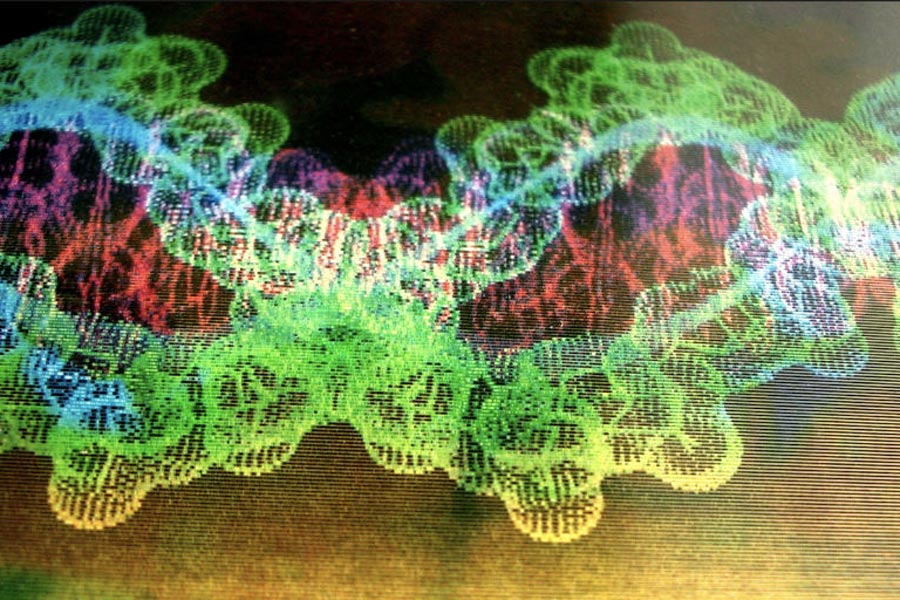|
The fifth National Congress of Nanotechnology took place from November 25 to 29, and brought more than 200 scientists from Chile and important international guests together. One of the participants was Dr. Eduardo Cisternas, a researcher and the director of the Department of Physical Sciences at the Universidad de La Frontera and a member of the Millennial Nucleus for Nanotechnology (MultiMat), one of the organizers of this event. |
From this year on, the tourist capital in the south of Chile will not only be remembered because of the holidaymakers and sportsmen and women. Science was also present at the frontier, in the form of one of the most massive events in the past years: the 5th National Congress of Nanotechnology. This event was organized by several institutions, among which the Universidad Austral de Chile, Universidad de Chile, Pontificia Universidad Católica de Chile and the Millennial Nucleus for Nanotechnology (MultiMat), represented by the academic at the Department of Physics of the Faculty of Physical Science and Mathematics of the Universidad de Chile, Marco Flores, who pointed out that “this is a spectacular place, not only because of its natural beauty, but also because of its excellent infrastructure for this kind of events”, were standing out. NANOTECHONOLOGY, A LITTLE SCIENCE FOR GREAT SOLUTIONS “Nanotechnology studies the small things. In this universe, which is still quite unexplored but fascinating, we can find answers, for example, to problems of energy transformation and storage, electronics and even health,” Dr. Marcos Flores explained. During the event that took place at the Enjoy Hotel in Pucón, Chile, the scientists were presenting their research advances in different areas, such as: treatments for Alzheimer, water desalination processes, graphene-derived insulators, the formation of crystal liquids and the advantages of lithium batteries, among others. “This congress invites the whole national scientific community to analyze the frontier of knowledge in that field and, this time, we wanted to add a key mark… the link between science and the industry. We want that the solutions come out of the laboratory and improve people´s lives dramatically,” explained Judit Lisoni, director of the Millennial Nucleus for Nanotechnology and full professor at the Institute of Physical Sciences and Mathematics of the Faculty of Sciences of the Universidad Austral. REGIONAL IMPACT For the professor Eduardo Cisternas, academic at the Department of Physical Sciences of the Universidad de La Frontera and an expert in computer simulations and supercomputers, this initiative was extremely important. “The fact that this congress takes place outside of Santiago shows that things are changing in the right direction - the knowledge is distributed throughout the whole country,” Dr. Cisternas explained. “We hope that, in the short and medium term, the level of maturity of our scientific community reaches to conquer the industries. We are conscientious that this part of knowledge has its origin at the universities and it is our interest to transfer this technology and knowledge, and to file the respective patents,” Dr. Flores concluded. ABOUT MULTIMAT The Millennial Nucleus for Multifunctional Materials for Applied Surface Science, MultiMat, is a multidisciplinary group financed by the Scientific Millennial Initiative. Its aim is to develop advanced nanotechnology in Chile, with an emphasis on the field of lithium-ion batteries. Source: Chilean Millennial Nucleus for Nanotechnology, MultiMat
|





